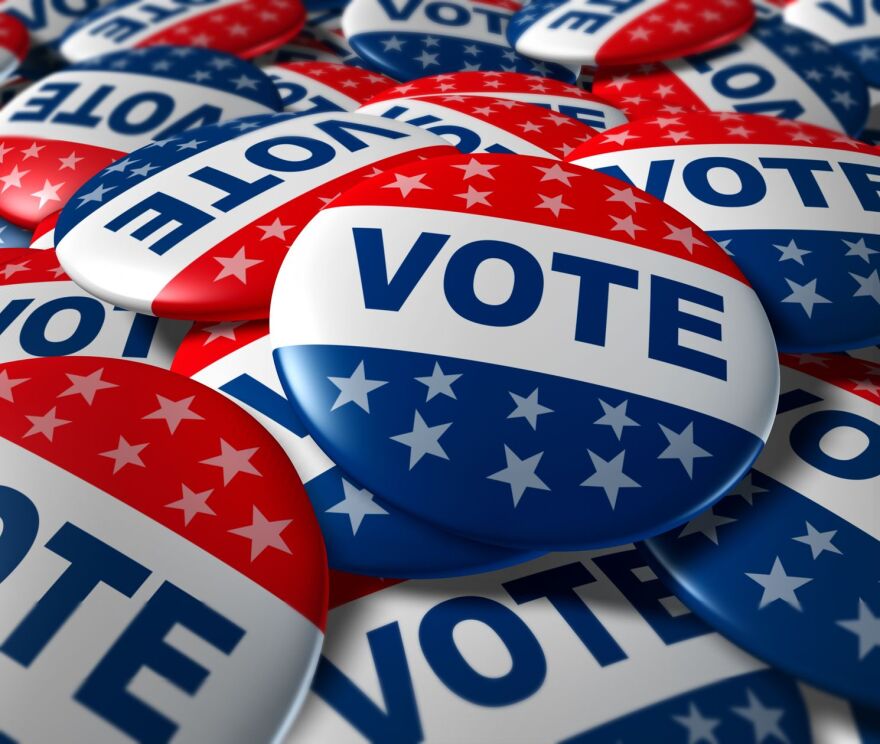Maryland’s primary election, delayed because of lawsuits over redistricting, finally arrives Tuesday and state elections officials said they’re ready for just about anything.
The state has already supplied about half million mail-in ballots to voters, said Nikki Charlson, deputy administrator of the state board of elections, adding it's a number “we don’t typically see.”
In addition, they had a good turnout in early voting, about 175,000 cast ballots, she added.
But that's lower turnout than the last gubernatorial primary in 2018 when 222,100 individuals cast ballots during early voting.
Out of 498,444 mail-in ballots sent to voters, 190,955 had been returned as of July 17.
There are 3.7 million eligible active voters on the rolls, of which 2.2 million are Democrats and 987,476 are Republicans.
“So, we're prepared for however many people show up tomorrow. But typically we see less than 30% turnout in this type of election,” she said.
And because they can’t start counting those ballots until Thursday, it will take another 10 days before we know for sure who won and by how many votes.
“We just ask everyone to be patient,” Charlson said. “We will be releasing results as they are shared and completed. And we will be telling how many ballots are left to count but it is a process and it's going to take at least 10 days to finish counting all of those ballots.”
There’s one other complication; a shortage of election judges. Charlson said recruiting election judges is one of the hardest things local elections boards have to do.
“And it's certainly been a bigger challenge than normal this election,” she added. “We understand that some of them are having some last minute cancellations.”
Anyone who’s interested in being an election judge should contact their local Board of Elections and offer their services, Charlson said. They’ll figure out a way to train you.
The Maryland Board of Elections was soliciting election judges hours before the election offering up to $300 a day, up from $200 a day.






